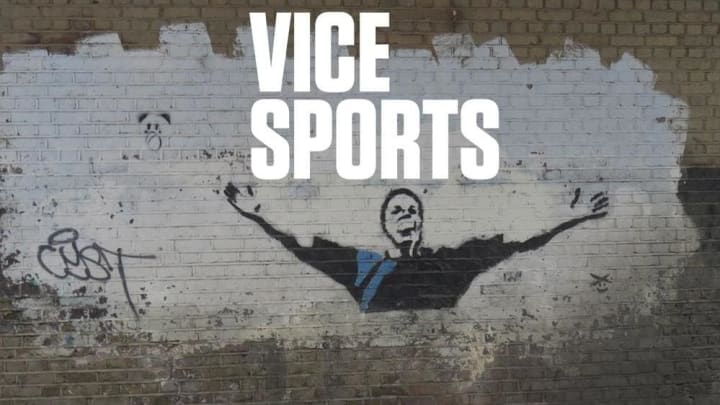Can Sportswriting Online Be Saved? Vice Sports Lays Off Writers, as the Brutal Year in Sports Media

Corrections & Clarifications: An earlier version stated that Vice Sports was closing based on a tweet from its editor-in-chief, Jorge Arangure. He has since posted the following clarification:
"FYI, I don't have the definitive word on what happens to the site. I just know obviously it won't exist as it previously did. — Jorge Arangure (@jorgearangure) July 21, 2017"
Vice spokesperson Ian Fried told the Big Lead: “VICE sports is not closed. It will retain its URL and be home to written editorial and video sports coverage.”
Arangure announced earlier in the day that the vertical was shuttering.
"All good things come to an end. @VICESports will cease to exist as site. And I no longer work at VICE. It was a great run.Thanks for reading — Jorge Arangure (@jorgearangure) July 21, 2017"
It goes without saying it’s been a bad year for digital sportswriting. In no particular order, ESPN laid off 100 talents, many of whom were writers. Yahoo had notable layoffs. Sports Illustrated, too. Fox pivoted to video. So did Vocativ. MTV News, which had a bunch of former Grantland writers on staff, did as well. (Their issues were not unforeseeable.)
In what can’t be categorized as a surprise, Vice will focus more on, you guessed it, video.
In the past several years, it’s gotten harder and harder to make a buck off the written word online. To do so at scale based on display ads, a site needs an astounding number of page views, which are not always merit-based. This advertising model rewards aggregating stories on celebrities dating in extreme disproportion to expending resources on original news gathering and reporting. Also, there’s the 1,000-pound gorilla that is Facebook. Digital operations over-expanded when Facebook was handing out hundreds of thousands of page views at a time. Facebook’s algorithm came in like a wrecking ball. Now everybody is chasing video views.
A significant number of consumers enjoy longform reporting and storytelling, but they’re going to have to speak not just with their eyeballs but with their wallets. A big reason the Washington Post and New York Times have had such a resurgence in their political reporting is that they’re buoyed by a revenue model of both sponsorships and subscriptions. (And even the NYT has not been immune to staff cuts.)
The model in sports undertaken by DK Sports in Pittsburgh, Greg Bedard and the Boston Sports Journal, and The Athletic — which we wrote about in-depth last week — is one that anybody who works in this industry and/or appreciates original reporting should root for and support with subscription purchases.